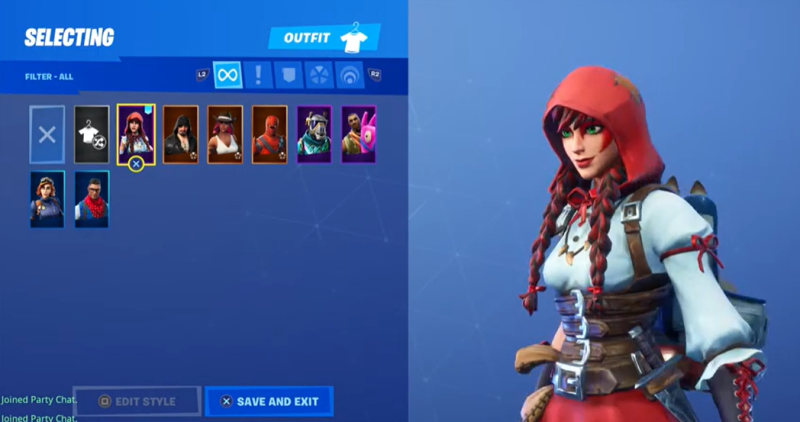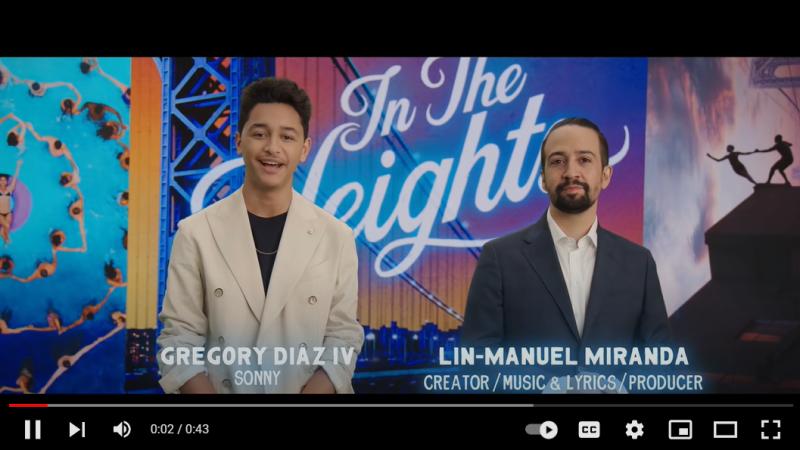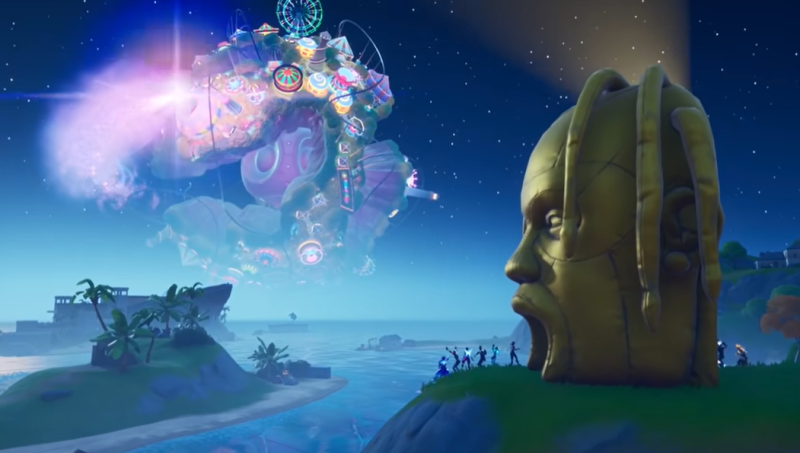Entertainment is a vast industry that embraces a variety of disciplines. The overall offering of the industry can be separated into two categories: content and experiences. For two decades, the content side of the industry has been migrating towards digital channels, independent of format, whereas the experiences are only now beginning to migrate from offline, out-of-home channels to virtual spaces. The metaverse's value addition for entertainment brands comes down to three important objectives: immersive narrative, world-building, and empowering fan creativity. Each of these three aspects adds to the franchise-building process while also increasing user engagement, two of the most important factors for any contemporary media company.
The ecosystem is already being shaped by a few corporations, with entertainment and gaming giants leading the way. Major console and PC games, such as Epic Games' Fortnite, have normalized playing and socializing with others in virtual environments. Newer gaming platforms, such as Roblox, allow users to create and play in immersive environments that they have developed and commercialized. Decentraland is a user-owned 3D virtual environment that allows users to develop virtual structures ranging from theme parks to galleries and charge visitors to visit them, all powered by Ethereum blockchain technology. Other businesses, such as MetaVRse and Unity, are developing engines to help brand and game teams create AR and VR content faster.
For brands, the prospect of a world where fans can interact across multiple platforms with the same branded assets or ads is powerful. Brands like Warner Bros., Hyundai, and Gucci have created their own virtual worlds; Coca-Cola, Anheuser-Busch, and Crockpot are dipping their toes into the space by selling NFTs—non-fungible tokens bought and sold on blockchain technology that allow people to own digital items like images or videos—and Sephora, Nike, and HBO are experimenting with AR and VR. The reason? There are so many eyeballs and interactive opportunities

Short marketing campaigns, ecommerce operations, and broad ambitions to extend brands into a hybrid reality are all on the table. Here’s what brands are working on in the metaverse.
Disney submitted a patent for a "virtual-world simulator" in December, which recreates one of the company's theme parks in 3D. CEO Bob Chapek confirmed the company’s plan to create its own metaverse, “Our efforts to date are merely a prologue to a time when we’ll be able to connect the physical and digital worlds even more closely, allowing for storytelling without boundaries in our own Disney metaverse, and we look forward to creating unparalleled opportunities for consumers to experience everything Disney has to offer across our products and platforms, wherever the consumer may be.”
RTFKT, a non-fungible token studio that creates digital artifacts (including digital sneakers) to mix culture and gaming, was acquired by Nike in December. Nike recently filed seven new trademark applications indicating its intention to manufacture and sell Nike-branded virtual footwear, clothes, and accessories for consumption in virtual worlds.
Warner Bros. Pictures organized a Roblox virtual party to promote the summer blockbuster "In the Heights" in 2021. The block party introduced the film's famed Washington Heights neighborhood's music, dance, and Latin American culture to the Roblox metaverse. Visitors to the virtual community could hang out outside the movie's central gathering store, paint murals, and watch behind-the-scenes movies and interviews, which included a dancing lesson from the film's choreographer, virtual products, and interactive mini-games and scavenger hunts.

Gucci teamed up with Roblox to develop Gucci Garden, a unique and interactive virtual exhibit, to coincide with the launch of Garden Archetypes, an immersive multimedia experience. Avatars transformed into neutral mannequins as people approached the Gucci Garden. Each visitor's mannequin absorbs elements of the exhibition as they move through the various rooms. Because each person experiences the rooms in a different order and retains distinct fragments of the spaces, they emerge as one-of-a-kind creations at the end of their voyage.

Wendy's started an opportunistic meta campaign to advertise its burgers after video game platform Fortnight announced a food-fight event between Team Pizza and Team Burger. Team Burger stored its meat in freezers, but Wendy's "doesn't do frozen beef!" So Wendy's made a Twitch avatar, entered the game, and started smashing burger freezers. Wendy destroyed burger freezers for nine hours while promoting the mission on Twitter and urging gamers to participate. The campaign won the Social & Influencer Grand Prix at the Cannes Lions, here is the case study.
Over 12 million gamers left their virtual battle stations to attend Travis Scott's concert on Epic Games' renowned battle-royale video game Fortnite. While the audience was propelled into space, they witnessed a digital avatar of Travis Scott perform in recognizable spots across the game. It was one of Epic Games' most large-scale events, and it laid the path for the future of entertainment, gaming, and music.

The Metaverse has the ability to bring a worldwide audience together and allow it to experience art, music, or events at the same time. The overwhelming sense of belonging that comes with being a part of this global experience reminds me of a time when a single event, like the moon landing, could bring the entire world together for a brief moment. Although there is still a long way to go before the protoverse of today can mature into a full-fledged metaverse, this does not mean that entertainment companies can ignore it and return later. Smart marketers should strive to get in on the ground floor of the metaverse's fast-growing innovation region before it's overrun with entertainment IP and events.#